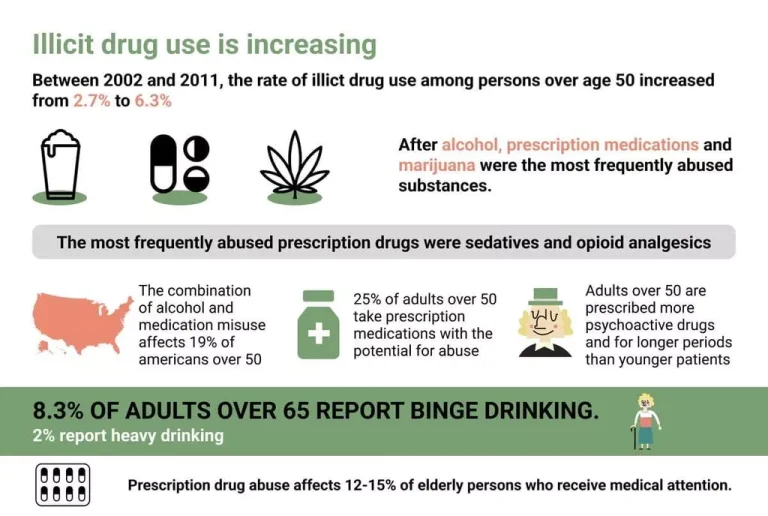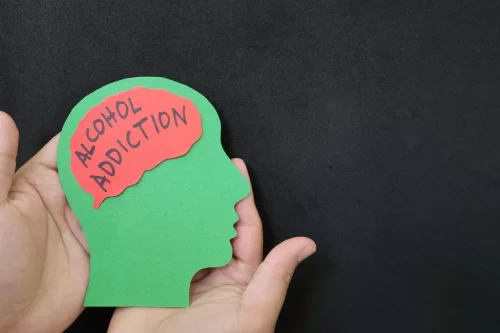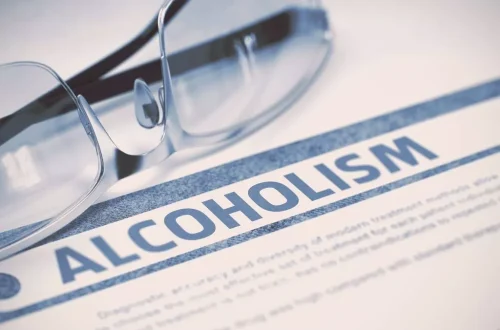
Your liver detoxifies and removes alcohol from your blood through a process known as oxidation. When your liver finishes that process, alcohol gets turned into water and carbon dioxide. Examples does alcohol suppress immune system include certain cancers, as well as pneumonia and other respiratory problems. It can also lead to complications after surgery and poor recovery from injuries such as broken bones.
Liver failure
Ninety percent of the moderate alcohol consumed is metabolized through oxidative conversion by alcohol dehydrogenases enzymes while the microsomal ethanol–oxidizing system (MEOS) handles the remaining 10%; this last route acquires greater importance when alcohol consumption increases significantly. MEOS leads to the production of oxygen free radicals, which can cause cellular damage [41]. Besides in the liver, the enzymes involved in the oxidative metabolism of alcohol also are present in the intestinal mucosa and intestinal bacteria also produce acetaldehyde in the gastrointestinal tract [41]. The effects of alcohol on both cell-mediated and humoral immunity have been well-documented since the early 1960s, wherein researchers found that alcohol abuse significantly reduced both CD4 and CD8 T-cell counts.

Thinking of Stopping Drinking? 9 Tips to Succeed
It causes pus to accumulate in the respiratory system’s pleural cavity, the space between the chest cavity’s inner wall surface and the lungs. Empyema occurs outside of the lungs, so doctors must remove it via surgery or by draining it with a needle. 3The HIV (or SIV) set point is the stable viral load that is established in an HIV-infected person after the initial phase of the infection, when the person’s immune systems tries to fight the virus. The higher the viral load of the set point, the faster infection will progress to full-blown AIDS.
Watch: Why babies can’t drink water

Numerous sources of evidence gathered from experiments carried out in rodents show that modifications in the composition of gut microbiota impact in the brain functions and behavioral aspects [65], including the predisposition to high alcohol consumption [66]. Leclercq et al. [67] found a correlation between leaky gut and inflammation with modifications in scores of depression, anxiety and social interactions in alcohol craving. Along the same line, it has been shown that rats replicate several behavioral and biochemical alterations after stool transplantation from patients with depression and anxiety behaviors [68].

- That’s because alcohol can weaken your immune system, slow healing and make your body more susceptible to infection.
- The gastrointestinal (GI) system is typically the first point of contact for alcohol as it passes through the body and is where alcohol is absorbed into the bloodstream.
- Acute alcohol can block differentiation or maturation of granulocytes (i.e., granulopoiesis) during infections (Zhang et al. 2009).
- Finally, SCFAs have been shown to modulate immune inflammation responses in extraintestinal organs such as the brain, by acting on microglia and astrocytes.
- In 2016, the harmful use of alcohol resulted in some 3 million deaths (5.3% of all deaths) worldwide and 132.6 million disability-adjusted life years (DALYs), i.e., 5.1% of all DALYs in that year.
In fact, in acute alcoholic hepatitis, the severity of clinical outcome and death correlates with serum levels of the proinflammatory cytokines, particularly TNFα (Frazier et al. 2011; McClain et al. 2004). The exact triggers for alcohol-induced inflammation in the different tissues are yet to be identified. Importantly, deficiency in TLR4, the major sensor of LPS, attenuates inflammation induced by chronic alcohol use in the liver, brain, and intestine (Hritz et al. 2008; Lippai et al. 2013a,b, 2014).


But if you find yourself leaning on the bottle to get you through the day, it could be worth it to head outside for a jog — exercise is a tested method of supporting the immune system — or video chat a friend instead. “Alcohol temporarily dampens anxiety, negative emotions, and other https://ecosoberhouse.com/ uncomfortable feelings, but the relief is short-lived and negative emotions tend to increase when the buzz wears off,” Koob says. The change in emotions a person experiences between intoxicated and being sober can also motivate drinkers to drink more frequently, Koob explains.
“After an episode of binge drinking, the ability of the innate immune system — the first line of defense in the body for detecting and destroying foreign invaders — to fight infections is reduced,” Koob says. As discussed above in the gene expression studies, the mechanisms by which ethanol exerts dose-dependent effects on the immune system could also include modulation of the hypothalamic-pituitary-adrenal (HPA) axis, which tightly regulates the stress response, in turn affecting immunity. Response to different stressors is mediated by several neural circuits that converge on the paraventricular nucleus (PVN) of the hypothalamus (Myers, McKlveen et al. 2014).
How does drinking alcohol affect health?
- In addition, animal studies have indicated that acute alcohol intoxication can decrease complement activation in response to tissue injury resulting from disruptions in blood supply (i.e., ischemic injury).
- For example, Nagy discusses how the leakage of bacterial products from the gut activate the innate immune system in the liver, triggering inflammation that underlies ALD, a condition that affects more than 2 million Americans and which eventually may lead to liver cirrhosis and liver cancer.
- Long-term consumption produces serious impairments in the BBB permeability and integrity since alcohol inhibits the expression of BBB structural and functional proteins, promoting inflammation and oxidative stress [107].
- Reduced IgE levels were also observed and may be related to the observed decrease in IgE synthesis regulators, IL-13 and CD40 ligand.
- In fact, in acute alcoholic hepatitis, the severity of clinical outcome and death correlates with serum levels of the proinflammatory cytokines, particularly TNFα (Frazier et al. 2011; McClain et al. 2004).
- In contrast, level of anti-inflammatory protein adiponectin increased (Joosten, van Erk et al. 2012).
- In another study, adolescent mice that consumed ethanol intermittently (3 g/kg) for two weeks, showed that this consumption pattern leads to an activation of TLR4 signaling pathways, an up-regulation of cytokines and proinflammatory mediators, in addition to synaptic and myelin alterations.
